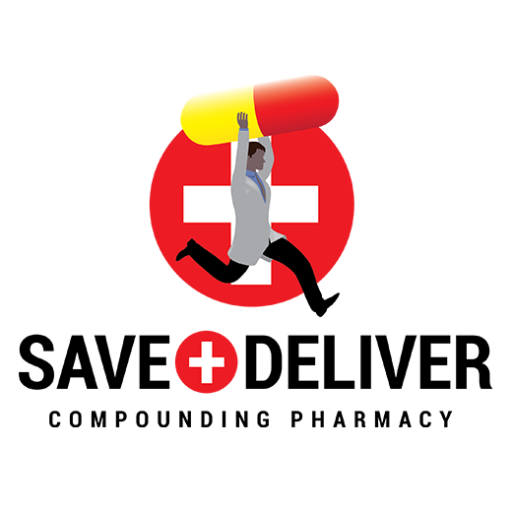10 Effective medication management tips for seniors
Medication management for seniors is a topic of sizable importance. Growing awareness regarding elderly medication and old people medicine strategies is highly required in the current scenario. Irrespective of what kind of medication set up for elderly citizens that you possess, most senior citizens consume numerous medicines throughout each day, and it may be easy for mix-ups to take place. Reports indicate that around 87% of senior citizens consume at least a single prescription drug while 36% may consume 5 medicines or higher. 38% may use OTC (over the counter) medication as well.
Naturally, this indicates the need for proper medication management solutions so that mix-ups do not take place and seniors can suitably take medicines on a regular basis for managing their symptoms and keeping illnesses successfully at bay.
Here are 10 medication management tips that will work excellently in this regard:
- Keep all medication, OTC medicines, supplements and vitamins in a single area- If these are stored in varying locations, it may be easy to lose count of whatever has been prescribed. Always have everything stored neatly in a single place along with prescriptions. Keep current packages and pills in a clear storage bin. Have a separate storage bin for backup medication or those medicines used rarely.
- Ensure good storage of medication- You should keep all medicines in a dry and cool area. Bathroom cabinets are avoidable in this regard. Keep medicines away from pets and children. Medicines sometimes need specific storage solutions, i.e. in refrigerators. Follow instructions by the pharmacist or doctor in this regard.
- Develop and maintain an updated list of medication- You should have an updated list of medications being taken by senior citizens at home along with all other OTC medicines, supplements and vitamins. Have names of each prescription medicine and other items, how often every one of these items is consumed, the dosage required, healthcare provider, purpose and symptoms to be treated by each item, short/long-term usage guidelines and so on.
- Sort out weekly medication in advance- Stay organised at all times. Have an organizer on a weekly basis for the advanced sorting of pills. Split and arrange medicines in advance for the week to make it easier for seniors.
- Check carefully for negative interactions of drugs- Several seniors consume multiple medicines and OTC meds along with supplements. Double-check to see whether any of these will lead to negative interactions amongst drugs. Try personalised care by a pharmacist and consult your doctor for advice.
- Ensure that instructions are clearly written- You should always follow the instructions of the doctor carefully. This lowers risks of negative interactions amongst drugs and side effects along with lowering overall effectiveness. Ensure that instructions are clearly written for which medication to take at which organiser time and associated instructions.
- Set up reminders and systems for tracking- Have a system for medication reminders while also setting up a tracking log likewise. Create a chart with medication names, dosage, times, days and so on. Keep updating the ones taken manually. Filling out this chart will help elders, and you keep a tab on doses while ensuring that medicines are not missed out. Have an alarm system for reminding senior citizens to take their medicines in a timely manner.
- Delve into medication side effects- Understand what side effects may be caused on account of negative drug interactions. Watch out for changes in health after new medicines are started. Consult the doctor for medicine combinations and dosage increases alike.
- Have a planned system in place for dementia/Alzheimer’s affected seniors- If elderly citizens are confused about medication or have been diagnosed with dementia or Alzheimer’s, you will have to set up a planned system for assisting them with medication.
- Advance planning always works for refills- In the case of prescription medicines for the long-term, it is vital to get refills in a timely manner as well. This will ensure that senior citizens do not end up missing doses. You can get doctors to prescribe 90-day supplies via mail-order pharmacies. Medications will be mailed, and you will only have to order periodically. Many pharmacies offer automatic refills and notifications as well. Some have prescription delivery solutions too. If nothing else works, mark refill dates on your own personal medication chart and make sure that you adhere to the same without any deviations.
These are some helpful tips when it comes to managing medication for elderly or senior citizens without any worries on your part. These tips will help you set up a system that is easy to understand, convenient and effective in helping them deal with their healthcare requirements minus any hassles. A good medication management system is a must in today’s times, particularly if you have seniors consuming numerous medicines in the course of each day.



